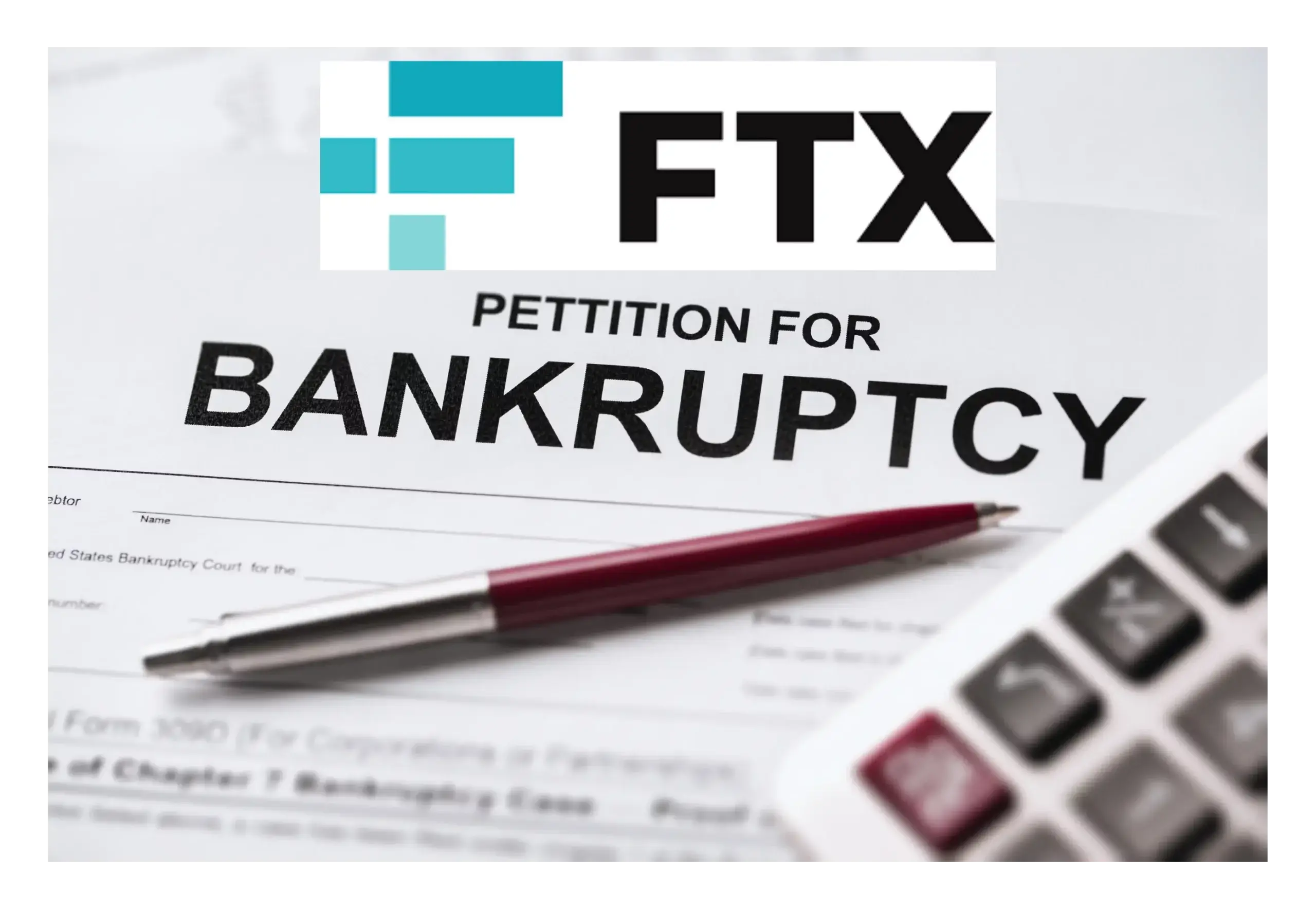The importance of keeping your crypto safe
Not long ago I met a passionate crypto investor named John, an ordinary worker with extraordinary dreams of financial freedom. Every hard-earned dollar he saved from countless hours of labor was meticulously invested using a centralized exchange (CEX). But his dreams were shattered when the exchange, exploiting their customers’ assets for personal gain, tumbled into bankruptcy. His tokens vanished overnight, his future teetering on the brink. This tale, though fictional, has been very real for many people in the last weeks following FTX’s blow up, and should be a stark reminder of the importance of understanding cryptocurrency security and why you should use a non-custodial wallet.

The Hidden Risks of Centralized Exchanges
Have you ever wondered what is the safest option to store your crypto assets? This article will reveal a critical aspect of crypto security that most people overlook. You’ll discover why non-custodial wallets are the smarter choice for storing your cryptocurrency and how to better protect your hard-earned digital wealth. So let’s dive in!
What is a Centralized Exchange and Why Should You Be Worried?
A centralized exchange is an online platform where users can buy, sell, or trade cryptocurrencies. These exchanges act as intermediaries between buyers and sellers, offering a convenient way to exchange assets. However, this convenience comes at a cost: control over your funds.
When you deposit your crypto assets into a centralized exchange, they hold your private keys, giving them full control over your funds. This means that if the exchange is hacked, suffers a technical failure, or faces legal issues, your digital assets could be at risk.
If you are not convinced by this theoretical threats let us show you the facts:
Exchange Hack: A Growing Concern

One of the most significant threats to users of centralized exchanges is the risk of an exchange hack. Numerous breaches in recent years have led to the loss of billions in cryptocurrency. In 2022 alone, over $2 billion was stolen from various centralized exchanges (CEX), decentralized exchanges (DEX), and bridges. High-profile platforms such as Crypto.com, Binance, and FTX accounted for half of this figure, demonstrating that no centralized exchange is completely impervious to digital threats.
Check this article that summarizes some of largest hacks in history
How to keep your crypto safe. Use a Non-Custodial Wallet
Non-custodial wallets like NEAR Mobile, allow you to maintain control over your private keys, giving you full ownership of your digital assets. This self-custody approach provides a higher level of security and minimizes the risks associated with centralized exchanges. Keep reading to understand why
Crypto Security is in Your Hands
Non-custodial wallets give you exclusive access to your private keys, meaning that even if a hacker targets the wallet provider, they can’t get to your funds without your private keys. It’s important to note, however, that because you are the sole holder of these private keys, safeguarding them is crucial. Misplacing them would result in losing access to your funds.
No KYC, protecting your privacy
Non-custodial wallets offer a higher level of privacy compared to centralized exchanges. Centralized exchanges require users to provide personal information and undergo identity verification, which can be vulnerable to data breaches. On the other hand, non-custodial wallets allow you to maintain your anonymity and protect your sensitive information.
Your funds always accessible
By holding your private keys, you ensure that you have complete control over your digital assets. This means that you are not dependent on a centralized exchange or specific wallet provider to access your funds. In the event of an exchange outage, technical failure, or legal issues, your assets remain accessible.
How to Get Started with Non-Custodial Wallets
Ready to take control of your crypto security and embrace self-custody? Here’s how you can get started with non-custodial wallets:
Download NEAR Mobile
NEAR Mobile is a dedicated non-custodial wallet designed specifically for the NEAR Blockchain. Focusing on a particular network allows the development team to specialize in the security and unique traits of that network. Featuring an easy-to-navigate interface, NEAR Mobile also supports Hierarchical Deterministic (HD) wallets, a useful feature for managing multiple wallets with a single mnemonic phrase. The NEAR Mobile team is consistently working to enhance the wallet’s capabilities, all the while maintaining their commitment to security and user-friendliness as their utmost priorities.
Safely Store Your Private Keys
After setting up your non-custodial wallet, make sure to securely store your private keys. Remember that losing your private keys means losing access to your funds. Using a piece of paper to store your seed phrase or private key is probably one of the best options. Consider creating multiple copies and storing them in different locations to minimize the risk of loss or damage. One interesting alternative to consider is using a steel plate or capsule, which are containers specifically built to store seed phrases and are almost bullet proof.
We will soon share an article on the different options to store you seed phrase and keys.
Transfer Your Crypto Assets
Once you have set up your non-custodial wallet and safely stored your private keys, it’s time to transfer your crypto assets from the centralized exchange to your new wallet. Even if you use decentralized exchanges (DEX) it is a good idea to have a wallet address to interact with the smart contracts of the DEX and another as storage only address, so that you keep your crypto secure and organized. Make sure to double-check the receiving address before initiating the transfer to avoid any mistakes.
Regularly Update Your Wallet Software
To maintain optimal security, it is essential to keep your wallet software up to date. NEAR Mobile frequently releases updates to fix vulnerabilities and improve functionality. By regularly updating your wallet, you can ensure that you are using the most secure and user-friendly version available.
Besides, NEAR Mobile is an open source project, so you can always dig deep into the code to make sure the promises are real.
In Conclusion: You should use a Non-Custodial wallet

John may be fictional, but the sting of his loss resonates with countless investors who trusted Centralized Exchanges (CEX) to safeguard their wealth. It’s a profound irony that many who turn to cryptocurrencies to sidestep risks associated with traditional, centralized entities like banks, unwittingly expose themselves to greater risks by entrusting their assets to centralized exchanges – a move akin to jumping from the frying pan into the fire.
While CEX may serve as a convenient tool for specific tasks, they shouldn’t be mistaken for secure vaults. On the contrary, non-custodial wallets offer a more robust solution. They shield your digital assets from potential exchange hacks, maintain your privacy, and ensure your hard-earned crypto wealth remains within your control.

